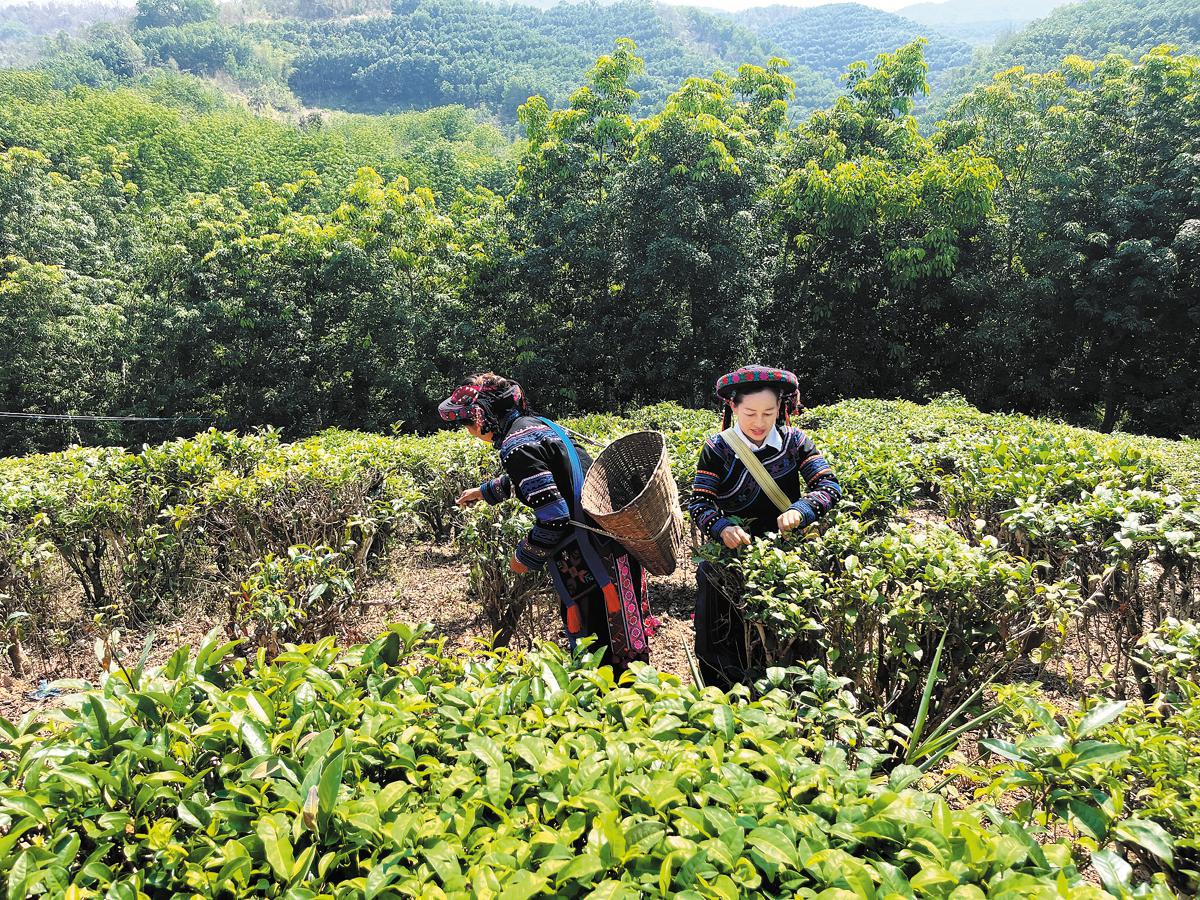Program helps locals live with elephants
Rural communities in Yunnan province shown alternative ways to live off the land

Editor's note: As protection of the planet's flora, fauna and resources becomes increasingly important, China Daily is publishing a series of stories to illustrate the country's commitment to safeguarding the natural world.

Most of the country's wild Asian elephants, more than 280 individuals, are distributed in Xishuangbanna Dai autonomous prefecture in the southernmost part of Yunnan province.
Attracted by the abundance of food such as corn and bananas, and growing accustomed to a human presence, these majestic animals often venture into areas inhabited by people.
The increasing proximity between humans and elephants has led to a rise in conflicts, presenting challenges for many communities that previously had little to no experience with elephant activities.
To address the conflicts, local governments and conservation organizations have implemented various strategies.
In Xishuangbanna, both the governments of Jinghong city and Mengla county have established the Asian Elephant Safety Warning Monitoring Team.
Teams of professional "elephant watchers" use drones to continuously monitor the movements of wild elephants, providing crucial information to local communities and residents.
By offering timely updates on the whereabouts of elephants, the aim is to minimize the risks associated with human-elephant encounters.
Since the launch of its Asian Elephant Protection Program in 2000, the International Fund for Animal Welfare China has focused its efforts toward helping local communities and residents, said Ma Chenyue, program manager of IFAW China.
"Local communities and people are at the forefront of human-elephant conflicts. They are experiencing direct pressures from the expansion of wild elephants into their living spaces," Ma said.
"Their crops are destroyed; their safety is jeopardized while tending to rubber plantations or foraging for mushrooms in the forests; and they actually have made sacrifices in their economic development for the conservation of wild elephants. "So we feel obliged to aid them in finding sustainable ways to live harmoniously alongside wild elephants."

























